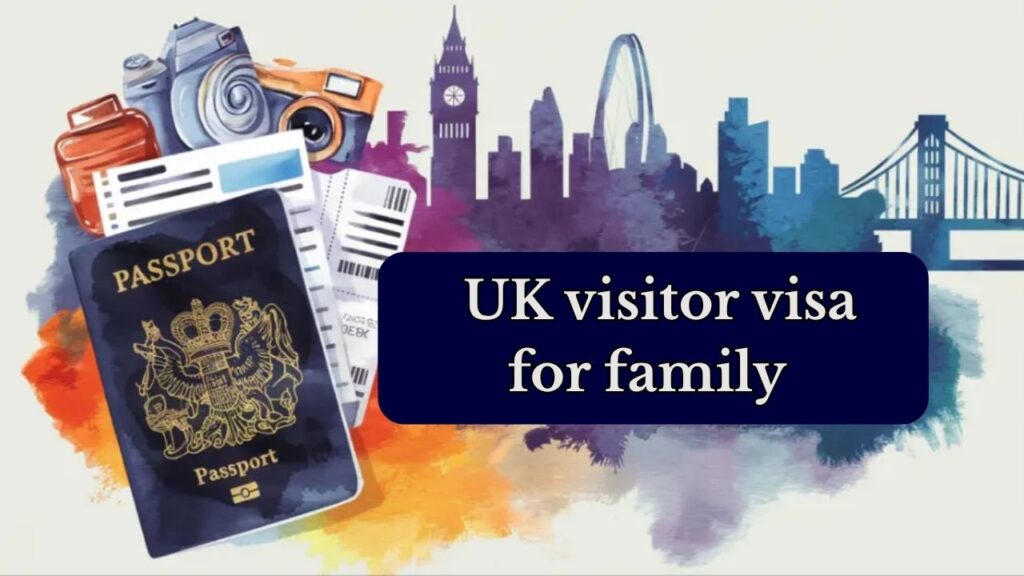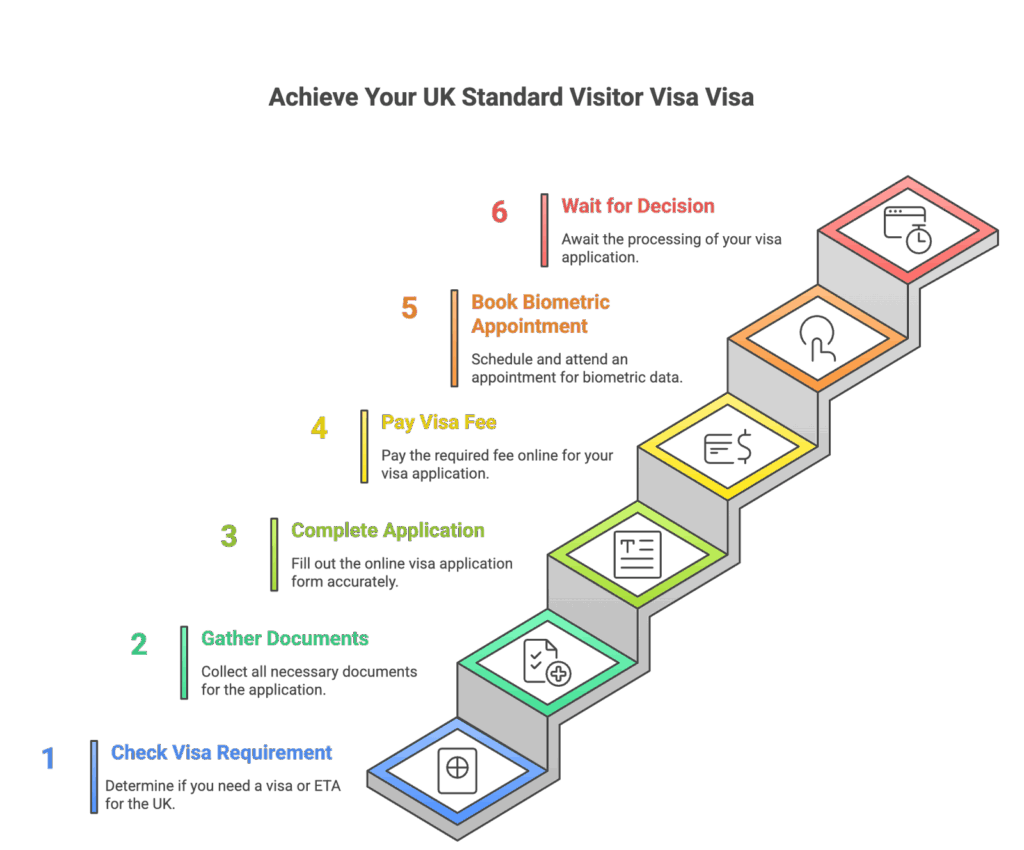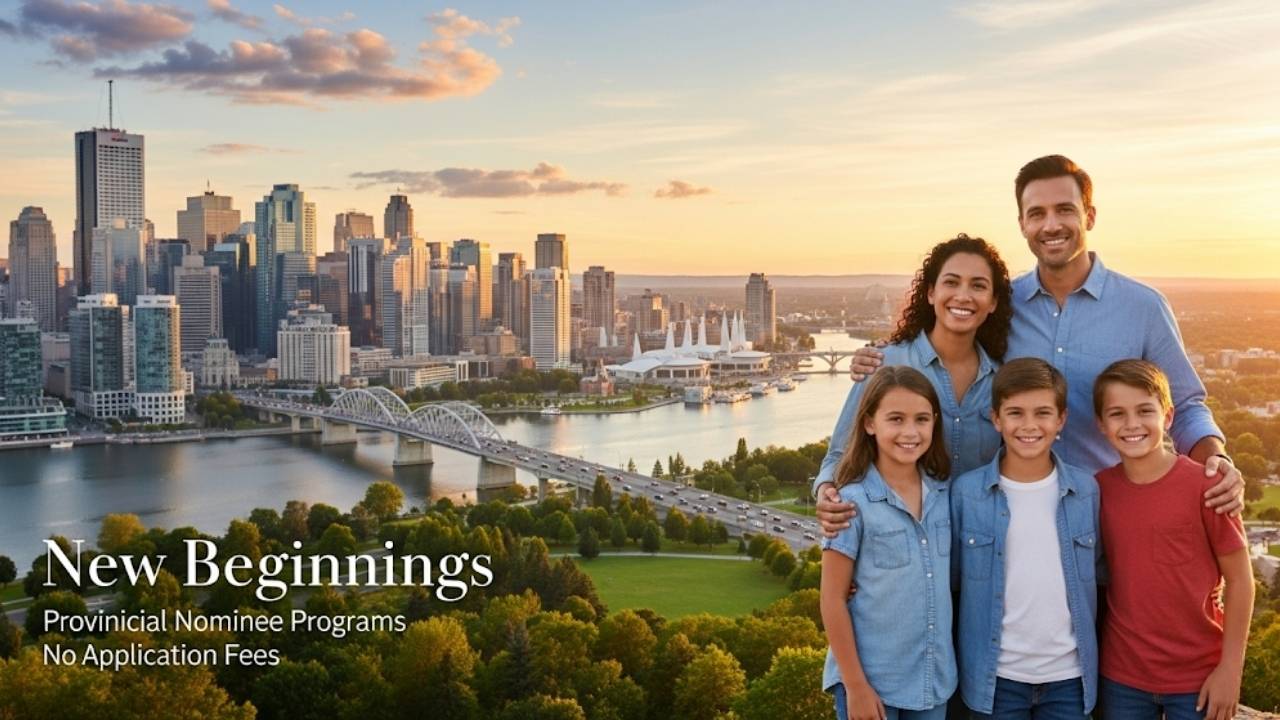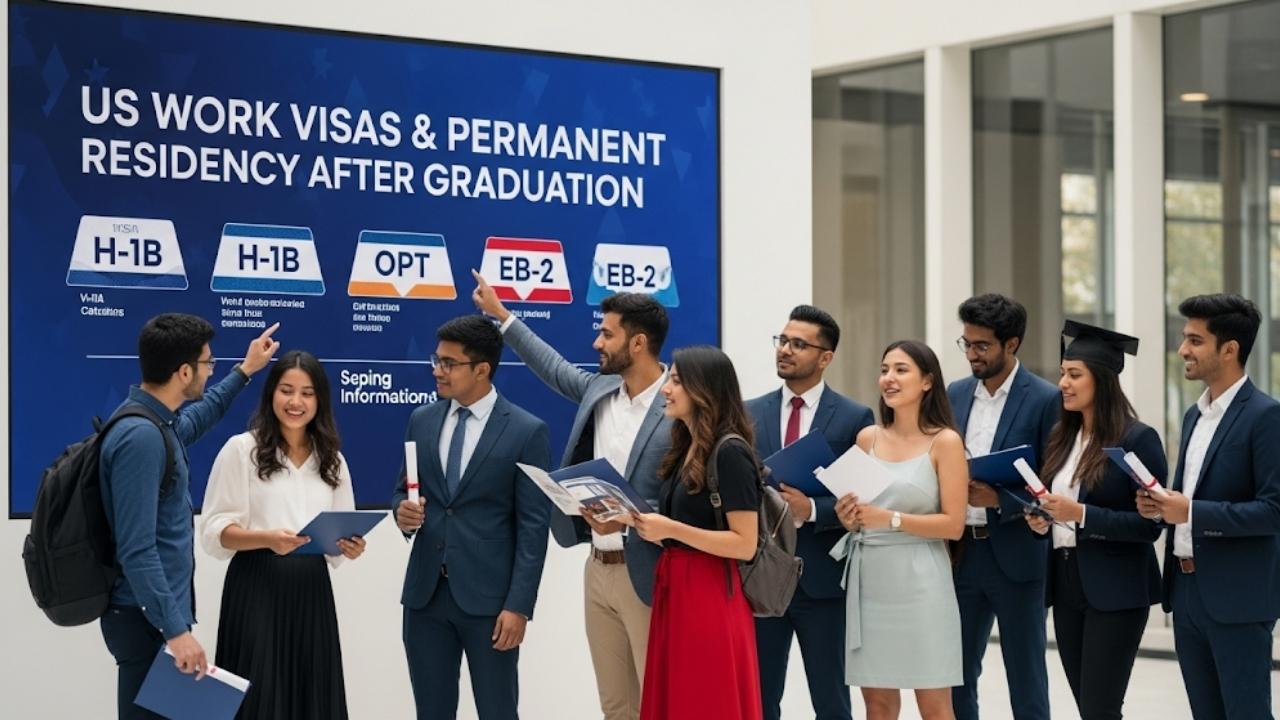Navigating the UK visitor visa for family applications can feel like walking a tightrope. You’re filled with excitement at the thought of reuniting with loved ones, exploring London’s historic streets, or perhaps attending a special family wedding. But you’re also weighed down by the anxiety of a potential refusal. If you’re planning a family trip to the UK in 2025, you’ve likely heard whispers of tightening rules and wondered, “What does this mean for us?” This guide is here to walk you through the process, demystify the common hurdles, and offer clear, actionable advice to help your family’s application succeed.

The truth is, while the core principles of the UK visitor visa remain consistent, the landscape is evolving. The UK Home Office is placing greater emphasis on ensuring visitors are genuine and have both the means and the intention to return home. For families, this means presenting a collective application that is not just complete, but completely convincing.
Applying for a UK visitor visa for family can feel like an overwhelming task, but it is entirely achievable. Success lies in preparation, transparency, and providing a clear, evidence-backed story that leaves no room for doubt. By understanding the common pitfalls and meticulously preparing your documents, you give your family the very best chance of creating those precious UK memories together. Start gathering your evidence now, write your story with clarity, and look forward to your trip with confidence.
Top Reasons Family Visitor Visas Are Refused
In my experience advising applicants, the pain of a visa refusal often comes down to a few common, avoidable pitfalls. The rejection letter from UK Visas and Immigration (UKVI) can feel impersonal, but it almost always points to one central doubt: the officer is not convinced you will leave the UK at the end of your stay. Let’s break down why this happens.
1. Weak Financial Evidence
This is the number one reason for refusal. It’s not just about having money; it’s about proving its origin and your stability.
- What they want to see: A consistent, stable financial situation. This is best shown through 6 months of bank statements that reflect regular income and savings.
- Common mistakes:
- “Credit-loading” or sudden large deposits: A large, unexplained sum of money deposited right before applying is a major red flag. It suggests the money may have been borrowed just for the application and isn’t genuinely yours. According to immigration advisors, this is a frequent cause for rejection.
- Insufficient funds: You must demonstrate you can comfortably cover all costs for your entire family (flights, accommodation, daily expenses, and potential emergencies) without needing to work or access public funds in the UK. While there’s no magic number, a budget of £1,500–£2,500 per person for a short stay is a reasonable guideline, though this varies based on your trip’s length and plans.
- Relying solely on a sponsor’s funds: Even with a UK-based sponsor, each adult applicant should ideally show some personal financial stability.

2. Failure to Prove “Ties to Home Country”
This is where you prove you have a life to return to. The visa officer needs to be confident that your visit is temporary. For a family, you need to show collective ties.
- What this looks like:
- Stable Employment: For each working adult, provide a letter from your employer stating your role, salary, length of employment, and, crucially, that you have approved leave for the duration of your trip and are expected back on a specific date.
- Family Commitments: Evidence of dependents who are not travelling with you, such as elderly parents you care for.
- Property Ownership or Tenancy Agreements: Documents showing you own or rent a home.
- Educational Commitments: If any family members are students, a letter from their school or university confirming their enrolment and expected return date is vital.
Here’s a helpful tip: think of it as painting a picture of a life that is firmly rooted in your home country. Every document should add another brushstroke to that picture.
3. Unclear Intentions or Inconsistent Application
Your application must tell a clear and consistent story. Any vagueness or contradiction can undermine your credibility.
- The Problem: The visa officer questions why you really want to visit. Is it for the stated family event or tourism, or is there a hidden motive, like seeking work?
- How to Be Clear:
- Detailed Itinerary: Don’t just say “tourism.” Outline a day-by-day plan. Where will you go? What will you see? If visiting family, specify this.
- Invitation Letter: If you are being sponsored or staying with family in the UK, a well-written invitation letter is essential. It should detail your relationship, the purpose of the visit, where you will stay, and who is funding the trip. Your sponsor should also provide a copy of their passport or residence permit.
- Collective Purpose: Ensure the reason for the visit makes sense for the entire family unit applying.
The 2025 Context: What’s Changing and What Stays the Same
While there haven’t been sweeping changes announced specifically for the family visitor visa rules for 2025, the broader UK immigration environment is becoming more stringent. For instance, financial requirements for other routes, like spouse and skilled worker visas, have increased significantly. This signals a tougher stance on financial self-sufficiency across the board.
Furthermore, the full implementation of the Electronic Travel Authorization (ETA) scheme is changing how many people travel to the UK. While the ETA is for non-visa nationals (those who don’t need a visa for short stays), its introduction is part of a wider push to digitize and secure the UK border. For those who do need a visitor visa, this underscores the importance of a meticulously prepared application.
A Step-by-Step Guide to a Strong Family Application
- Start Early: The process takes time. The official guidance on GOV.UK suggests you can apply up to 3 months before you travel. Standard processing can take around 3 weeks, but it’s wise to allow for more.
- Appoint a “Lead Applicant”: For a family, it’s often easiest to have one person manage the collation of all documents. However, each individual (including children) must complete their own application form. You can link the applications together so they are considered as a group.
- Gather Your Core Documents:
- Passports: Valid for your entire stay.
- Application Forms: Completed online for each family member.
- Financial Documents: 6 months of bank statements, payslips, and tax returns for all working adults. If sponsored, include the sponsor’s financial details.
- Proof of Employment/Studies: Letters confirming your obligations at home.
- Accommodation and Travel Details: Flight itineraries (not necessarily purchased tickets) and hotel bookings or a letter from your family host.
- Proof of Relationship: Birth certificates and marriage certificates to establish family links.
- The Cover Letter is Your Voice: Each application should include a cover letter. This is your chance to speak directly to the visa officer. Explain the purpose of your trip, your itinerary, how you meet the financial and accommodation requirements, and, most importantly, reaffirm your strong reasons for returning home.

FAQs
Q1: How much money is enough for a UK family visitor visa?
There is no official set amount. You must prove you can comfortably afford your return travel, accommodation, and living expenses for the entire family for the duration of your stay. You should provide evidence like bank statements for the last six months showing a stable income and savings.
Q2: Do my children need to submit a separate visa application?
Yes, every individual, regardless of age, must have their own completed application form. You can link the applications together online so that they are considered as a group.
Q3: Can I reapply if my family’s visitor visa was refused?
Yes. While there is typically no right of appeal for a visitor visa refusal, you are free to submit a new application. It is crucial to understand the reasons for the initial refusal and provide new or stronger evidence to address those specific concerns in your new application.










